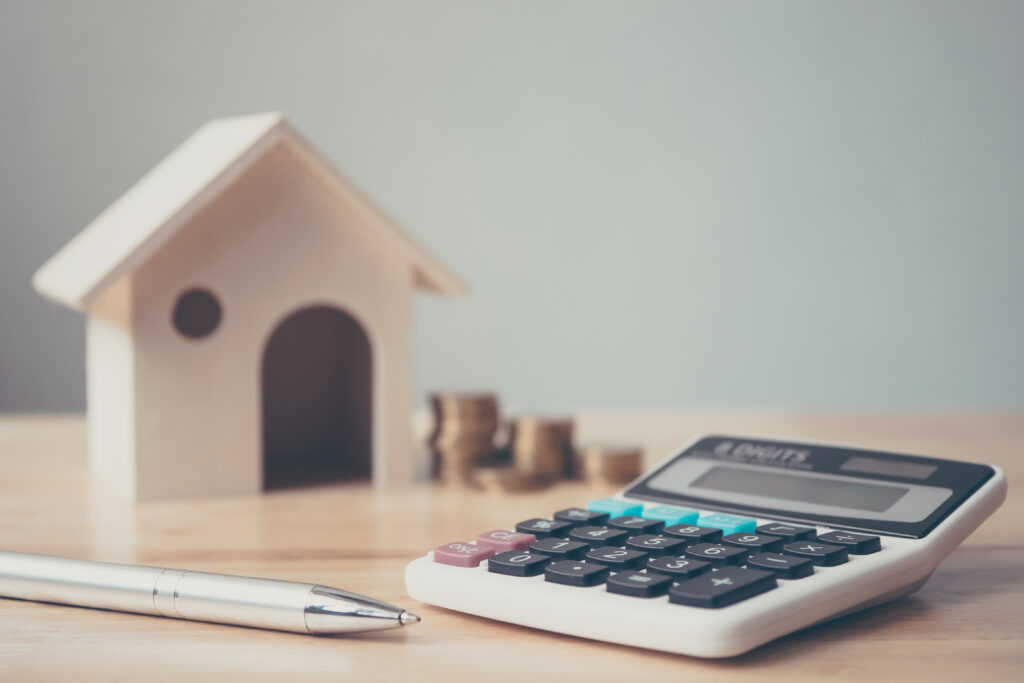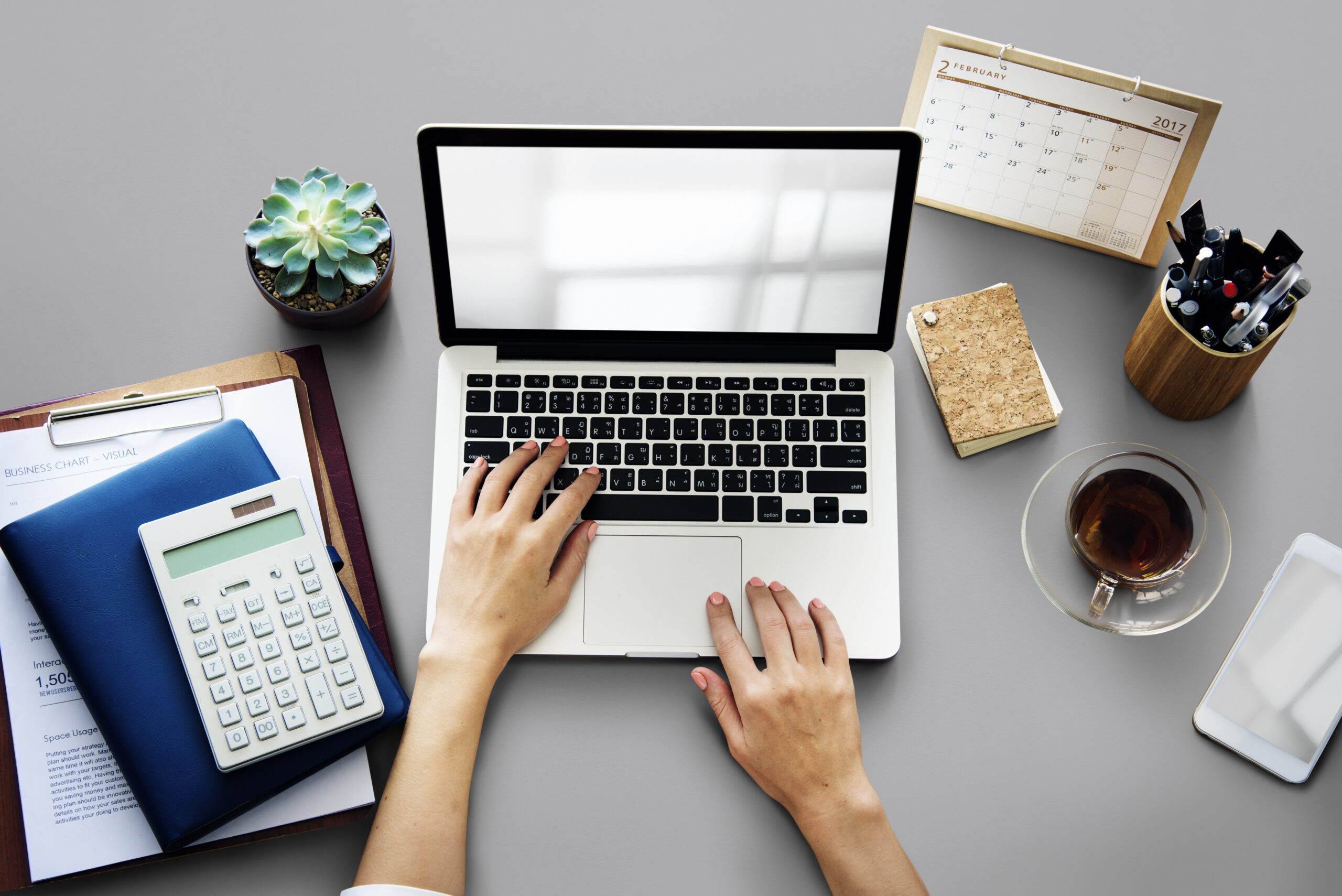What expenses can I claim as a landlord?

What expenses can I claim as a landlord?
Whatever the reason for becoming a landlord, whether you follow it as a career or have ended up as an accidental landlord when you kept a property, expenses will be incurred relating to that property at some time or another. Unfortunately, just because a payment has been made does not necessarily mean it is allowable for tax. Even if the payment is allowable, when tax relief can be claimed depends on the nature of the expense and the method by which the accounts are prepared.
Understanding what expenses you can claim as a landlord is crucial to make sure that you get your taxes right and don’t fall foul of HMRC’s rules. And with Making Tax Digital on the horizon, it’s more important than ever to understand what expenses you can claim as a landlord.
How to claim landlord expenses
This is where we get into a bit of accounting technical jargon – sorry! All of your income and expenditure from being a landlord will need to be declared on your self-assessment tax return. This is currently submitted to HMRC once a year, and tax is paid on the income either once a year or twice a year if you need to make payments on account.
As we mention above though, pretty soon you’ll need to submit 5 tax returns per year under the new Making Tax Digital rules, so it’s good to get your head around things sooner rather than later.
The default basis for preparing letting accounts is the ‘cash basis’ where income is recognised when received and expenses when paid (providing that the expense is incurred ‘wholly and necessarily’ for the letting). The ‘accruals basis’ must be used where rental income exceeds £150,000 a year or the property business is run by a company. Under the ‘accruals’ basis, income is taxed when it is earned and expenses incurred rather than when paid. However, a landlord who is eligible for the cash basis can choose (‘opt’) to use the accruals basis if more beneficial to do so.
What are the types of expenses I can claim as a landlord?
Usual day-to-day running expenses
To be allowable, the expense should be incurred ‘wholly and exclusively’ for rental. On their website, HMRC gives a list of claimable expenses you would expect to see, including house insurance, letting agent’s fees, management fees, ground rent, water rates, and council tax (where not already paid for by the tenant), and restricted mortgage interest relief.
That list is by no means exhaustive, but it’s a good starting point. The main thing is that you apply the ‘wholly and exclusively’ rule to your expenses and make sure that you keep receipts for everything you spend. Not to keep going on about it, but Making Tax Digital will require you to undertake digital record-keeping as part of the rule change, so it would be a good idea to get into that habit now too!
Other claimable expenses
Other expenses you might look to claim include rent insurance, expenses related to landlord regulations (e.g. Gas Safety Certificates/checks, EPCs, purchase of smoke and carbon monoxide alarms), legal expenses relating to eviction, cleaning services including end of tenancy cleaning, regular cleaning for Houses of Multiple Occupation and common areas when dealing with commercial lets.
Problem areas
You can run into problems and HMRC may ask questions when you claiming what are termed ‘dual purpose’ expenses. A typical cost under this heading relates to expenses incurred in running a car used partly for the rental business and partly for private purposes, the business part being allowed. The two methods of calculation permitted are:
– 45p for the first 10,000 business miles incurred and 25p for any additional business miles or
– by totalling all costs (car tax, insurance, repairs, petrol, AA/RAC subscription), recording the mileage of every property-related trip made in the tax year and the total mileage, then claiming the proportion relating to the business mileage.
Administrative costs incurred in the running of a letting business can be claimed, but again, only if incurred ‘wholly and exclusively’ for letting purposes (e.g. phone bills, stationery, postage, accountancy fees).
With phone bills, the business proportion is claimed by working out the actual cost. Unfortunately, landlords cannot claim for their own time, but a claim is possible to cover the additional electricity, water, etc, that might be spent from running the business from home under the ‘simplified expenses’ claim. The claimable amount is calculated by using a flat rate based on the number of hours worked from home each month so long as the number of hours exceeds 25 hours or more a month as follows:
| Hours of business per month | Flat rate per month |
| 25 to 50 | £10 |
| 51 to 100 | £18 |
| 101 and more | £26 |
Capital items
Another confusing area for landlords doing their self-assessment tax returns concerns the purchase of ‘white goods’. Increasingly landlords are obliged to purchase such items for tenants and assume that the cost is immediately claimable. However, for tax purposes, the initial cost is a ‘capital’ expense, and under the accruals basis, capital expenditure is not deducted when computing profits – only revenue expenditure is eligible for deduction. So even though your tenant expects there to be a washing machine in the property – you may not be able to claim tax relief on it immediately – yikes!
Relief for capital expenditure is instead given under the capital allowances rules and an important point to remember is that capital allowances cannot be applied to residential property (unless a furnished holiday let).
Relief is instead given under the ‘Replacement of Domestic Items’ rules such that it is only when these items are repaired or replaced can tax relief be claimed, providing the item is a ‘like for like’ replacement. Under the cash basis, capital expenditure is simply deducted (as for an expense) in working out taxable profits unless the expenditure is of a type for which relief is specifically disallowed.
Put simply, if you’re replacing or repairing it then it’s probably fine to include as a tax deduction – but if you’re buying white goods for the first time for a property you’re renting out, you need to check which set of rules apply to it before you pop it into your self-assessment tax return.






